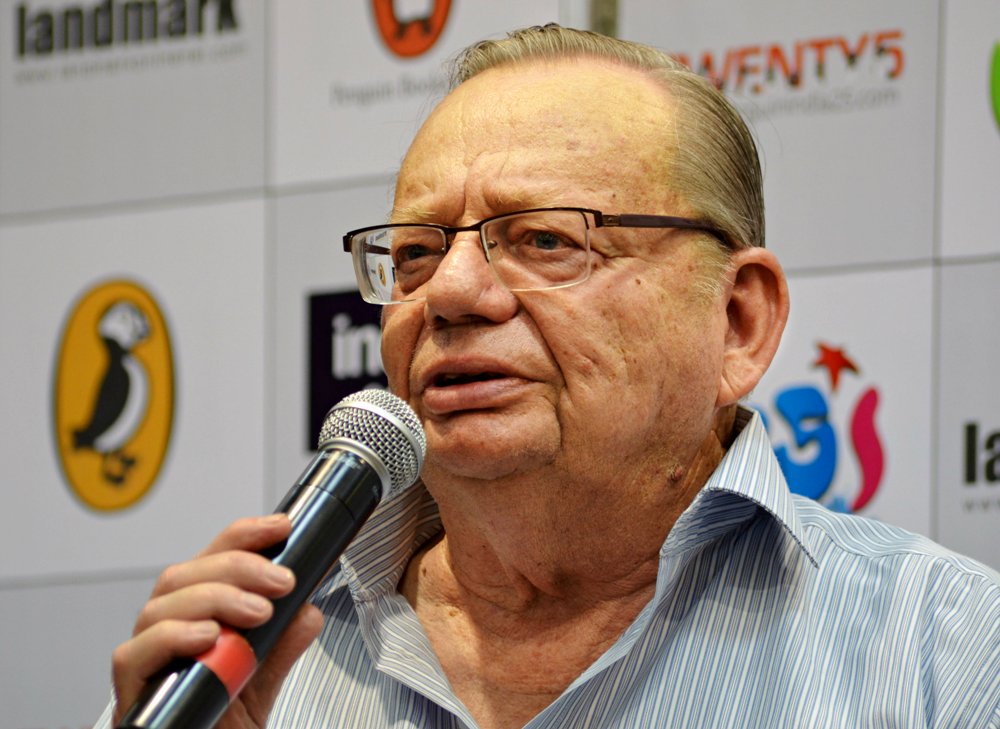Almost a year ago, I wrote “I can finally “stand and stare” and for that I am grateful.” Looking back at the days that went by, I am still grateful to be alive and sound of mind. Just like every year, a fair share of heartbreaks, griefs and sorrows were duly delivered at my doorsteps. There were a handful of blessings too. One such blessing came titled ‘It’s a wonderful life’. “How ironic !”, I thought, especially since the book was written during the pandemic lockdowns. But how can you disagree when it comes from an 86 year old young man who has seen quite a few disasters during his lifetime. So, I moved on from the title and landed at Landour for a ‘Breakfast with Ruskin’.
Every time I read Ruskin Bond, the first emotion that comes to me is envy. How can you not envy the man who has managed to live most of his adulthood with all the pleasures of childhood? He still chases around the bees, collects chestnuts for luck and negotiates food and pyjamas with the monkeys. His world looks so beautiful that sometimes I want to exchange places with the ladybird that walked across the papers on his desk.
The book is a memoir of sorts with a collection of vignettes, essays and lockdown journals. Some of them take you to the days before you while others will remind you of a parent/grandparent trying to cope up with the technoclad era. As always, there is no dearth of nature inside the book. From the blossoming mango trees to the missing flowers, parrots to the smiling crocodiles, Ruskin brings the jungle into your room. But the naughty little man child who sounds excited learning about the sexuality of earthworms, and cheek to cheek selfies make me grin.
The book is only 138 pages but it carries so much joy and warmth bundled carefully between the words. You are also taught to paddle your own canoe, make your own bed and read a poem before bedtime. But what stands out for me is the wit. There is never a dull moment in the book. Be it Gurbachan’s horn, or the monkey’s fashion show or sharpening his friend’s false incisors for a vampire role, every page was a laugh riot. I kept reading out snippets to my husband because it felt so wrong to not share something that could give one a hearty laugh.
In the introduction to the book, Ruskin writes – “Have it with your breakfast or use it as a bedside book. If nothing else, it will put you to sleep and banish all thoughts of dwindling bank balances, taxes falling due, COVID-19 concerns, and a polluted planet”. I used it as my bedside book. Not only did it put my worries to bed, but also brightened up my days. Sometimes amid chores, I would recollect the incidents from the book and laugh out loud. So if you are looking for something cheerful to get you through the rough times, do read ‘It’s is a wonderful life’.
Like what you just read? Become TheSeer Insider. You will be receiving a letter from us once in a while to help you live a more mindful life. Enter your email id below and click on subscribe. We won’t spam you, ever!










